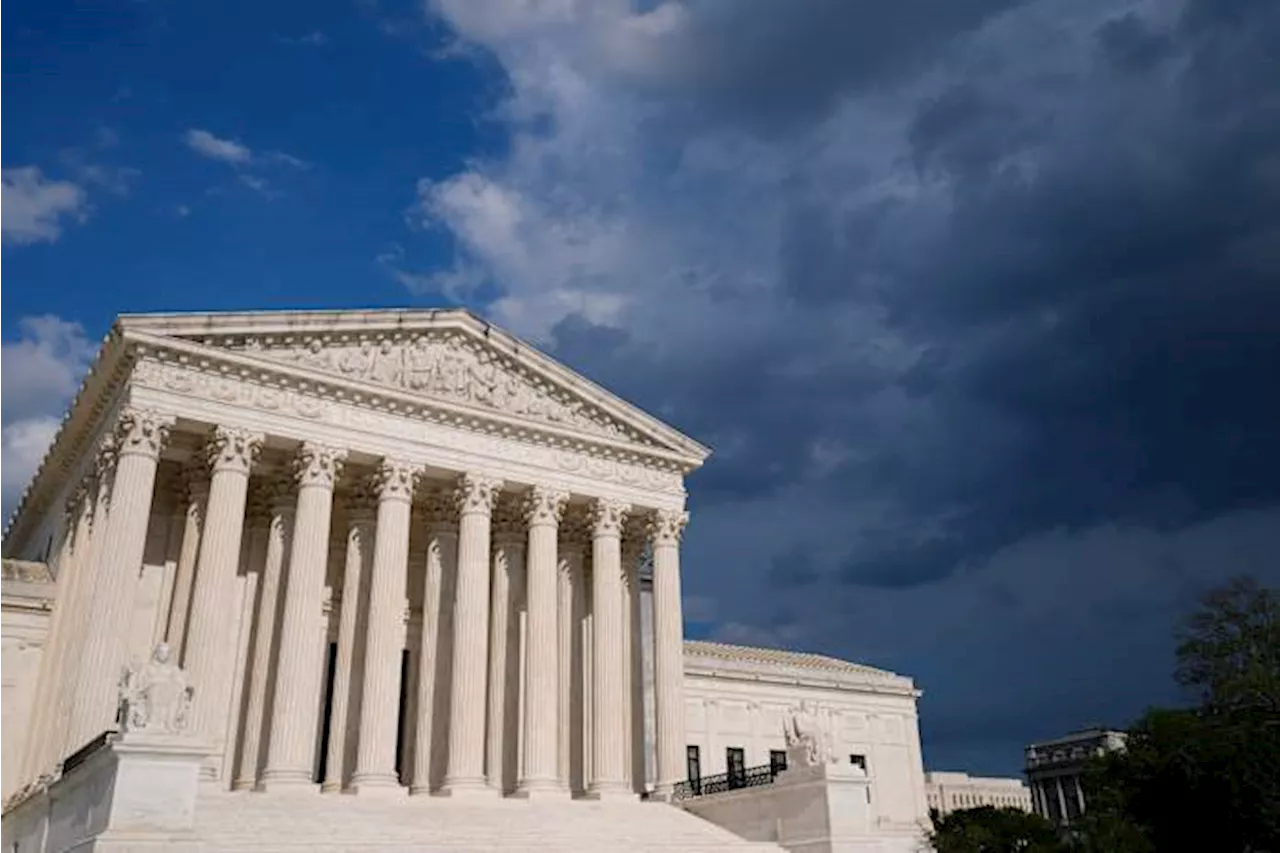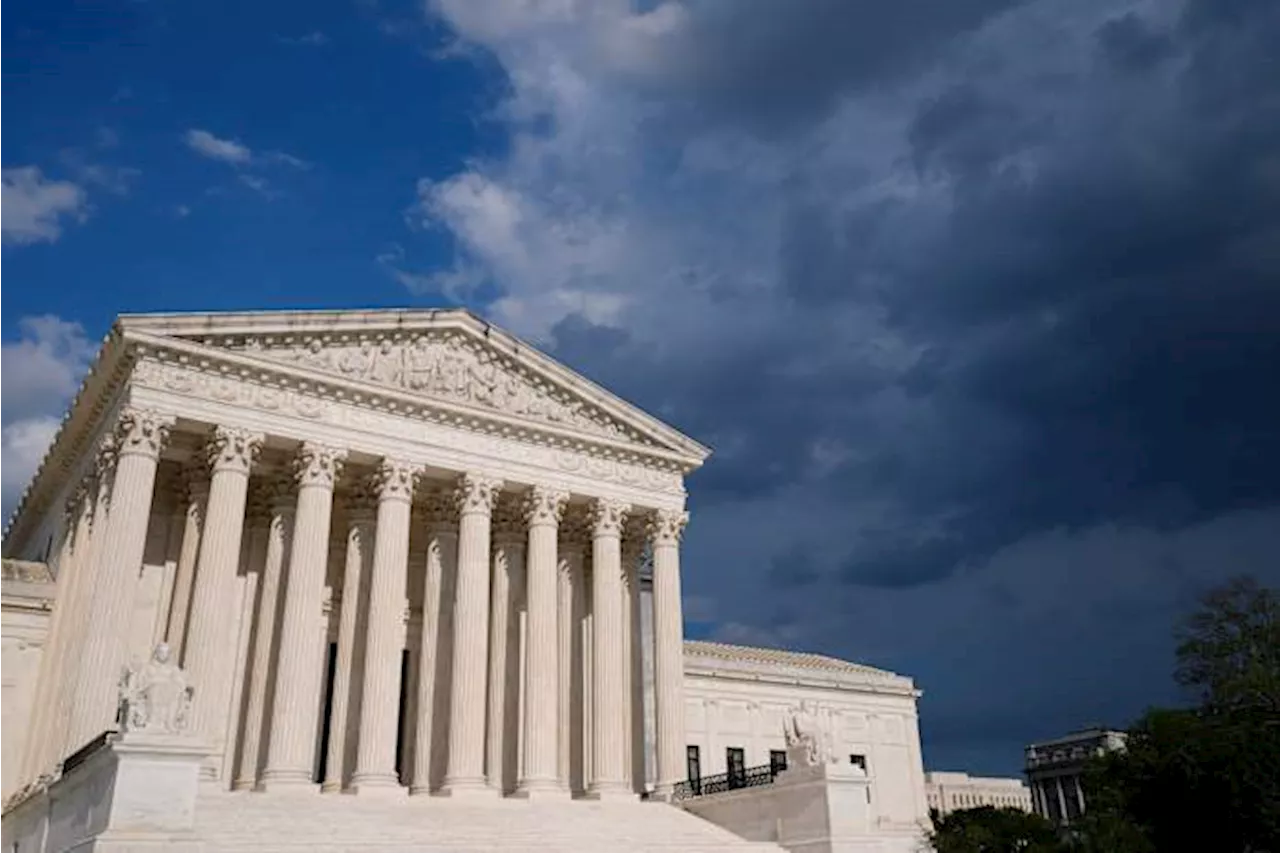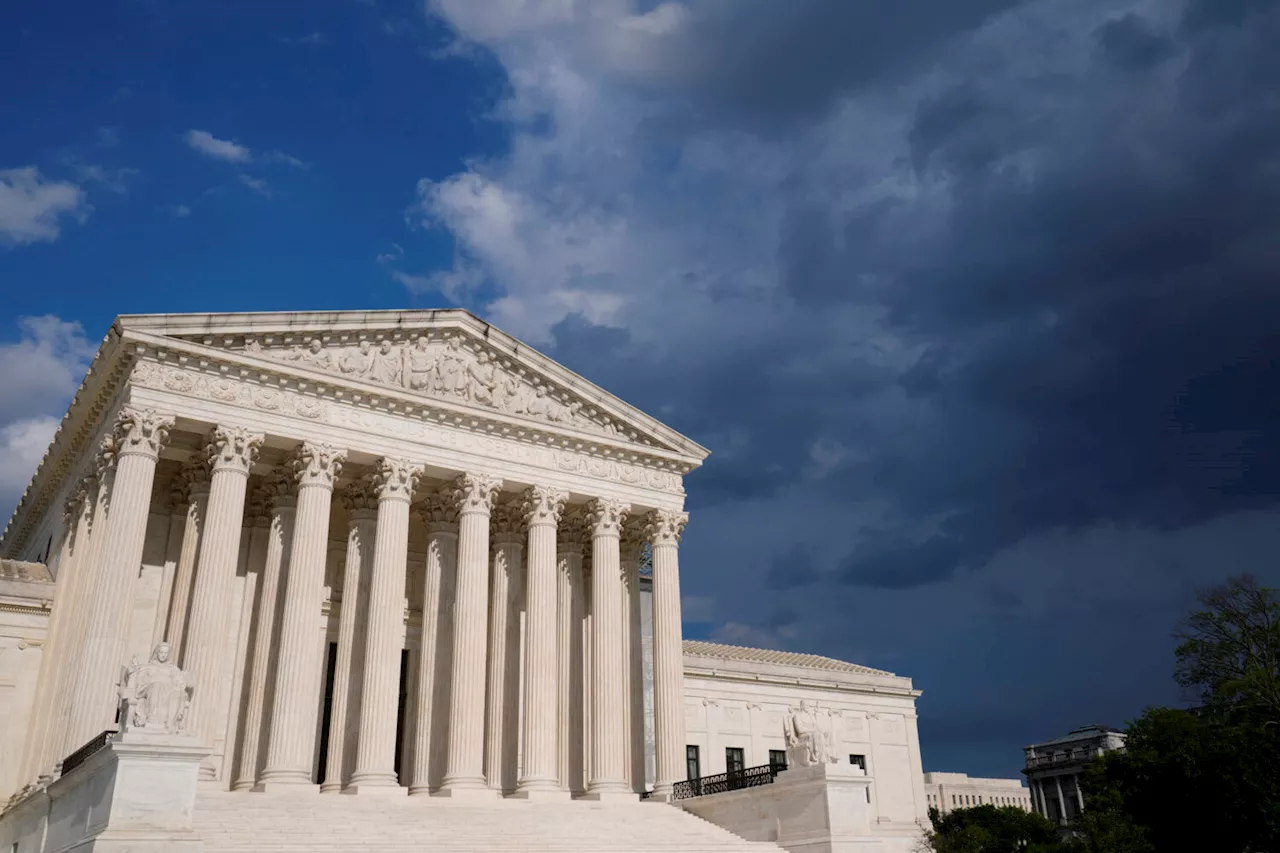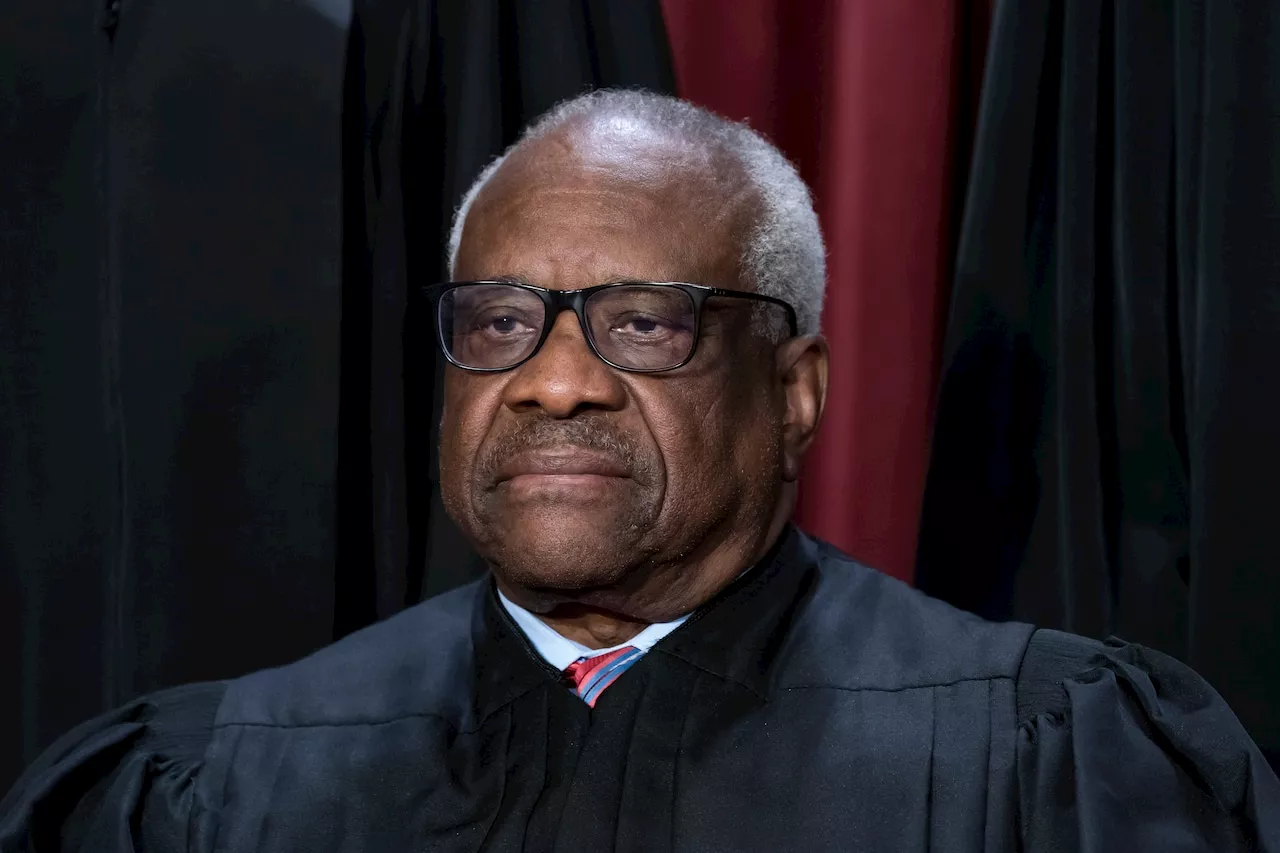Senator Whitehouse criticized the Judicial Conference for declining to refer Justice Thomas to the Department of Justice over unreported gifts and travel.
Democratic Sen. Sheldon Whitehouse criticized the U.S. judiciary's policy-setting body for declining his request to refer Supreme Court Justice Clarence Thomas to the Department of Justice over the right-wing judge's repeated failure to disclose luxury trips funded by billionaire benefactors.
Whitehouse, a member of the Senate Judiciary Committee, said the Judicial Conference's decision 'contains a number of inconsistencies and strange claims, and ultimately doesn't address the only real question the Judicial Conference should've been focused on for the nearly two years it's spent on this matter: Is there reasonable cause to believe that Justice Thomas willfully broke the disclosure law?' 'By all appearances,' Whitehouse added, 'the judicial branch is shirking its statutory duty to hold a Supreme Court justice accountable for ethics violations.' In a letter to Whitehouse on Thursday, Judicial Conference Secretary Robert Conrad wrote that Thomas 'has filed amended financial disclosure statements' addressing his past failure to divulge trips and other gifts funded by billionaires, including GOP megadonor Harlan Crow. Thomas has insisted he did not know he was required to disclose such gifts, a claim that Whitehouse and other critics have met with deep skepticism. Conrad also expressed doubt that the Judicial Conference has the power to refer Supreme Court justices to the Justice Department, even as he acknowledged the body's referral authority under 5 U.S.C. § 13106(b). That statute says the Judicial Conference 'shall refer to the attorney general the name of any individual which such official or committee has reasonable cause to believe has willfully failed to file a report or has willfully falsified or willfully failed to file information required to be reported.' 'There is at least reasonable cause to believe that Justice Thomas intentionally disregarded the disclosure requirement.'
Judicial Conference Clarence Thomas Ethics Violations Disclosure Law Department Of Justice
United States Latest News, United States Headlines
Similar News:You can also read news stories similar to this one that we have collected from other news sources.
 Federal courts won't refer Supreme Court Justice Clarence Thomas to attorney general over ethicsThe federal courts will not refer allegations that Supreme Court Justice Clarence Thomas may have violated ethics laws to the Justice Department.
Federal courts won't refer Supreme Court Justice Clarence Thomas to attorney general over ethicsThe federal courts will not refer allegations that Supreme Court Justice Clarence Thomas may have violated ethics laws to the Justice Department.
Read more »
 Federal courts won't refer Supreme Court Justice Clarence Thomas to attorney general over ethicsThe federal courts will not refer allegations that Supreme Court Justice Clarence Thomas may have violated ethics laws to the Justice Department.
Federal courts won't refer Supreme Court Justice Clarence Thomas to attorney general over ethicsThe federal courts will not refer allegations that Supreme Court Justice Clarence Thomas may have violated ethics laws to the Justice Department.
Read more »
 Federal Courts Won't Refer Thomas Ethics Allegations to Justice DepartmentThe U.S. Judicial Conference decided against referring allegations of ethics violations against Supreme Court Justice Clarence Thomas to the Justice Department. Thomas agreed to updated disclosure requirements for gifts and travel but the lack of enforcement mechanisms in the new code of ethics sparked criticism.
Federal Courts Won't Refer Thomas Ethics Allegations to Justice DepartmentThe U.S. Judicial Conference decided against referring allegations of ethics violations against Supreme Court Justice Clarence Thomas to the Justice Department. Thomas agreed to updated disclosure requirements for gifts and travel but the lack of enforcement mechanisms in the new code of ethics sparked criticism.
Read more »
 Federal courts won't refer Supreme Court Justice Clarence Thomas to attorney general over ethicsThe Supreme Court adopted its first code of ethics in 2023 in the face of sustained criticism, though the new code still lacks a means of enforcement
Federal courts won't refer Supreme Court Justice Clarence Thomas to attorney general over ethicsThe Supreme Court adopted its first code of ethics in 2023 in the face of sustained criticism, though the new code still lacks a means of enforcement
Read more »
 Federal courts won’t refer Supreme Court Justice Clarence Thomas to attorney general over ethicsThe federal courts will not refer allegations that Clarence Thomas may have violated ethics laws
Federal courts won’t refer Supreme Court Justice Clarence Thomas to attorney general over ethicsThe federal courts will not refer allegations that Clarence Thomas may have violated ethics laws
Read more »
 Supreme Court Justice Thomas Faces Scrutiny Over Undisclosed TravelJustice Clarence Thomas has again found himself under scrutiny for failing to disclose trips on GOP megadonor Harlan Crow's private jet. Senator Ron Wyden, the Democratic chairman of the Senate Finance Committee, has written to Crow's lawyer seeking information about the undisclosed travel. This incident fuels the ongoing debate about tightening ethics rules for the Supreme Court.
Supreme Court Justice Thomas Faces Scrutiny Over Undisclosed TravelJustice Clarence Thomas has again found himself under scrutiny for failing to disclose trips on GOP megadonor Harlan Crow's private jet. Senator Ron Wyden, the Democratic chairman of the Senate Finance Committee, has written to Crow's lawyer seeking information about the undisclosed travel. This incident fuels the ongoing debate about tightening ethics rules for the Supreme Court.
Read more »
